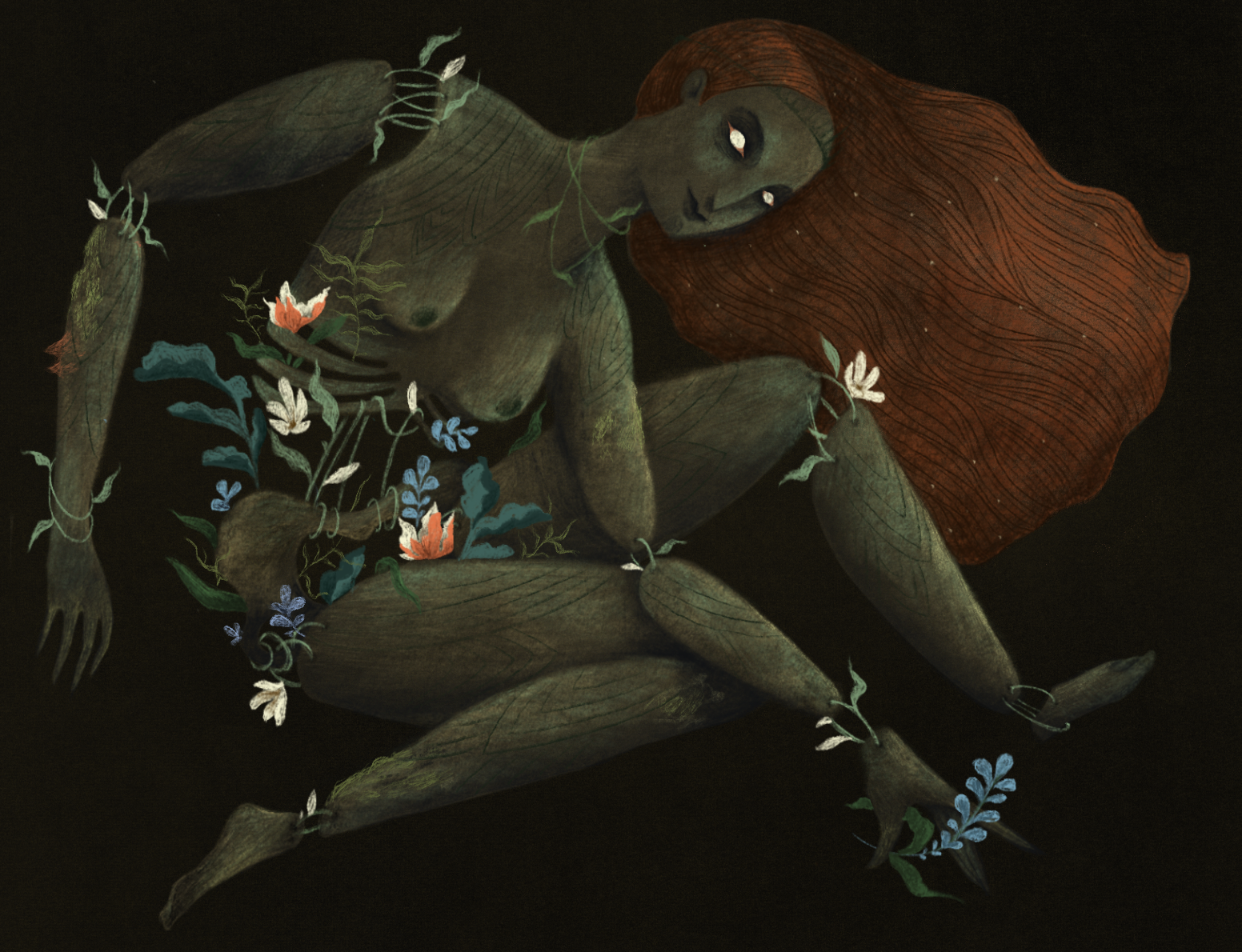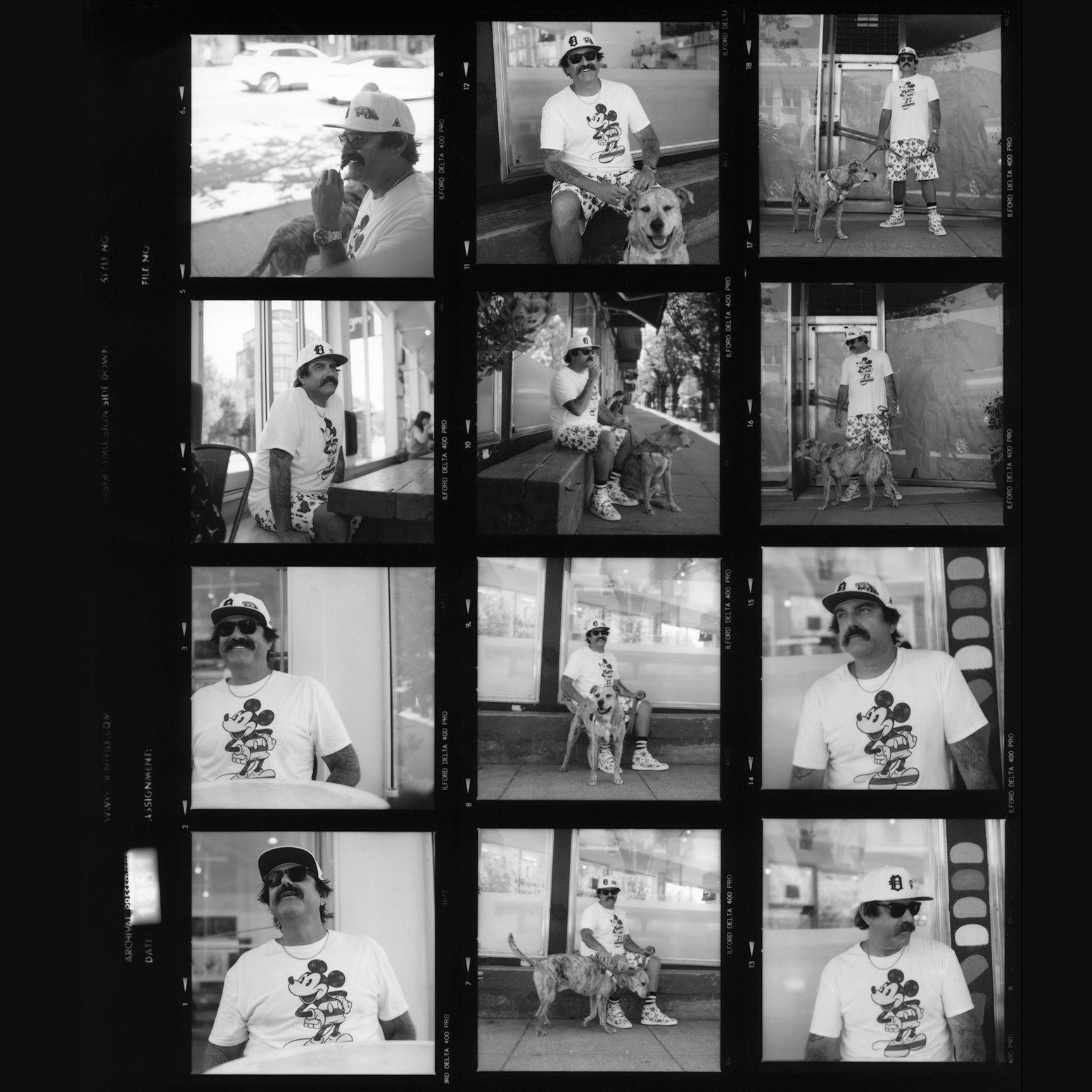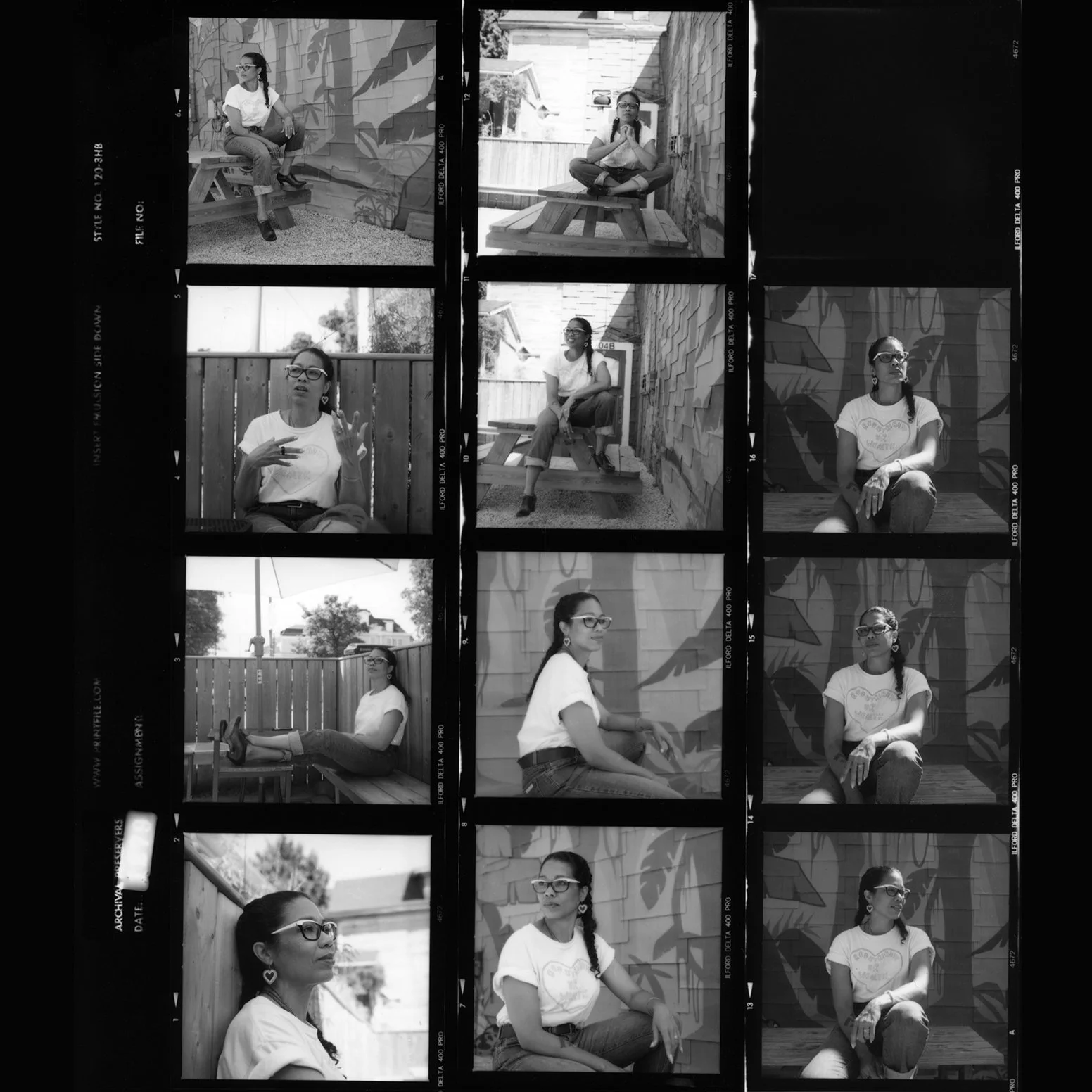Interview: Danny Ramadan
/Ahead of Vancouver Writers Fest, SAD chatted with four shining stars taking part in the festival to get the DL on books they're loving, the inside scoop on their works, and to learn about what the future holds! Meet Ahmad Danny Ramadan, who goes by Danny, the first of our four interviewees.
Ahmad Danny Ramadan
SAD Mag: Where are you right now? What are you looking at?
Danny Ramadan: I’m in Kingston Ontario, attending the Kingston’s Writers Festival, and rather happy about it! First time here too, I’m looking at my reflection in a mirror above the hotel room desk, and I gotta say I look a bit tired as I have been hopping around Canada between conferences and writers festival. To my right, there is a small balcony overlooking a calm sea and two pine trees, front to the background of a sky promising a storm tonight. I hear a faint Irish music playing in the background and a dog that can only be yapping at an imaginary raccoon.
SM: What are you most excited about, in this moment?
DR: Margaret Atwood, who I met last week, just tweeted that she is currently reading The Clothesline Swing. I had to remind myself to breathe as I was apparently having a tiny heart attack, then I got quite excited about it and called my boyfriend to gloat.
SM: What are you reading these days?
DR: I’m about to finish Dragon Springs Road by the amazing Janie Chang; I love the magical realism in that novel and quite enjoying the deep research empowering the storytelling and the authentic gaze I’m privileged to get upon the Chinese traditions and costumes. I’m also on the first pages of Fugue States by Pasha Malla, who I met yesterday at Winnipeg’s Writers Festival and fell in love with his style of reading—I’m a bit jealous of how comfortable he is on a stage!
SM: When reading your book I felt there were three main characters: your two protagonists—an elderly storyteller, his dying lover—and Syria itself. What compelled you to write about Syria? What do you hope readers will take away from your book, in terms of their understanding of the country and its people?
DR: I believe that my characters have a longing to a home they once had; an innocent, heartfelt home that meant the world to them, and that they idealized in their own imagination to the point that it’s impossible to be true. Syria is this ideal loving place that once existed before the world became harsh, and rather rude, to their borderline naïve view of life. By being together, they kept that impossible place alive inside of their collective narrative, and now that they’re facing the reality of their departure from one another; they’re clinging to the details of that memory they had.
Those memories narrate the authentic reality of Syrian tradition, Damascene beauty, and innocence of youth they both enjoyed before the world changed upon them and forced them on their unique journey. I’m hoping that the readers will be able to thread that from within their stories and build a more truthful image of Syria than the one we’re seeing right now in the mainstream narrative.
SM: The storyteller from your book, Hakawati, keeps death at bay for his lover by recounting stories through the night. Tell us about the inspiration behind this character.
DR: The art of storytelling is embedded in the Syrian tradition and costume; “Hakawati” is an actual career that some men for centuries in Syria, who would entertain coffeehouse goers with stories of ghouls and witches and mystical birds. It was also an art of activism; as those stories reflected and mirrored the Syrian people’s struggles against the many nations who occupied their lands; starting with the Arabs, the Ottomans and finally the colonizing nations of both Britain and France. I wanted to honour this tradition in my novel and bring forward that beautiful tradition, showing all the different faces it has; entertainment, activism and a close attachment to Syrian culture.
Hakawati is also a departure from the main characters in the queer literature that dominates our readership nowadays. He is nothing like the usual gay lead character in queer novels; he is elder, a person of colour, his stories lack graphic erotica and has a hint of romance; his character shows an intersectionality that I believe to be quite realistic to who we are as a sexuality minority. He is not defined by his queerness; he is empowered by it.
SM: What’s next for you?
DR: I’m quite comfortable being seen as a queer refugee writer; and I will continue to write stories about queer refugees coming to Canada and their individual and unique tales. I’m scribbling on a chalkboard the outlines of the next novel, which will continue to feature magical realism elements, and stories of finding home and acquiring love. The working title is The Rusty Lock—but keep that between us—and all of your readers—for now.
Want to hear more about Danny’s work? Check out his event during the Vancouver Writers Fest: Wednesday, October 18 at 6pm on Granville Island. Tickets are $20 or $15 if you’re under age 30. Learn more plus purchase your tickets here.
Ahmad Danny Ramadan has written two collections of short stories in Arabic and his articles have been published in The Washington Post, The Guardian and Foreign Policy. His personal experiences as a Syrian refugee and his work with organizations in the Middle East inspired his passion for democracy, social justice and LGBTQ rights. He is currently the Community Outreach Coordinator of QMUNITY, a Queer Resource Centre, and was the Grand Marshal for Vancouver’s Gay Pride Parade 2016. The Clothesline Swing, his first English novel, follows two male lovers during the aftermath of the Arab Spring.


















